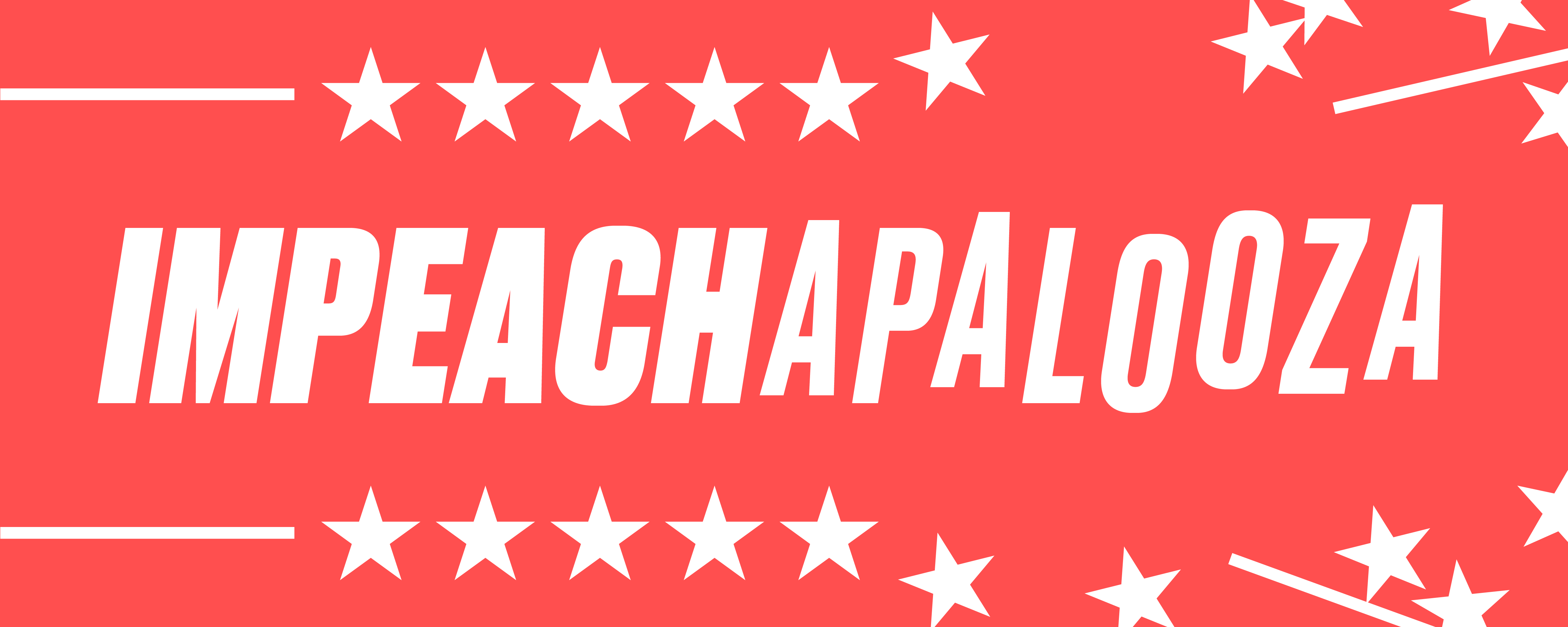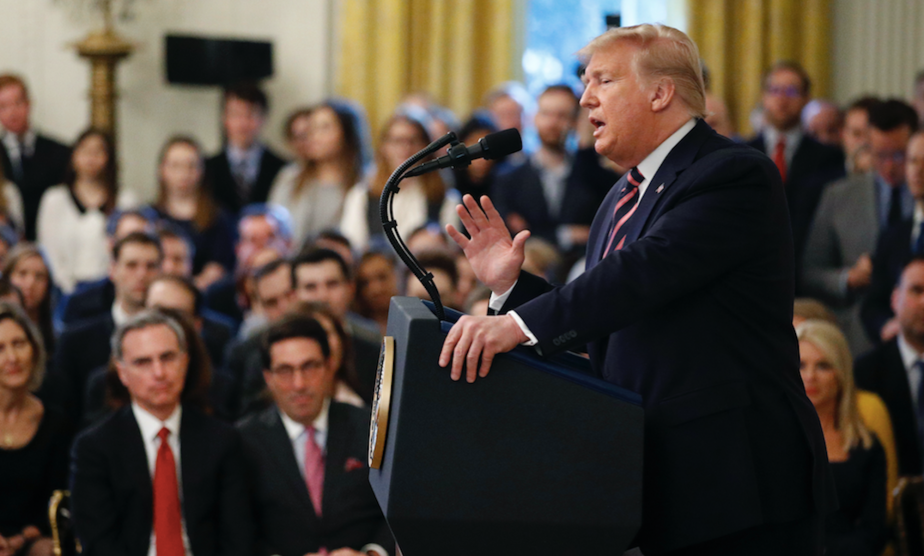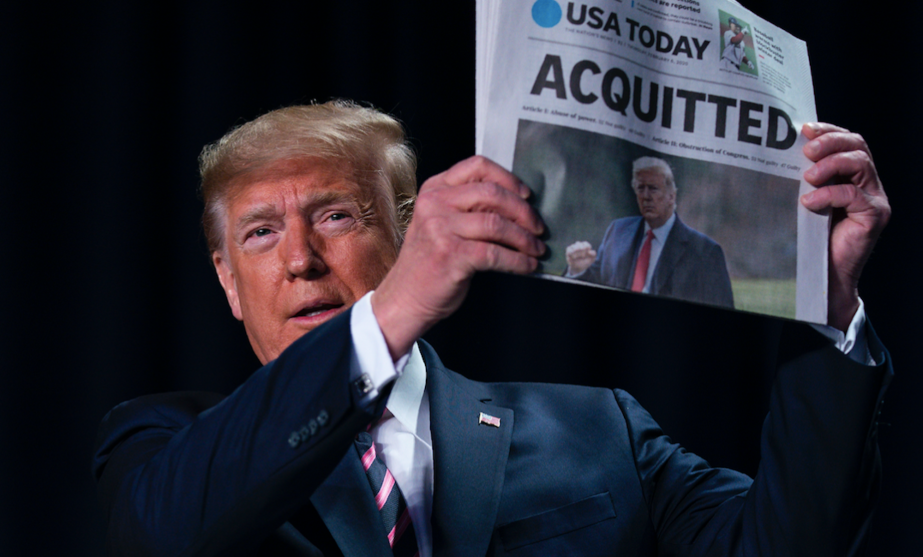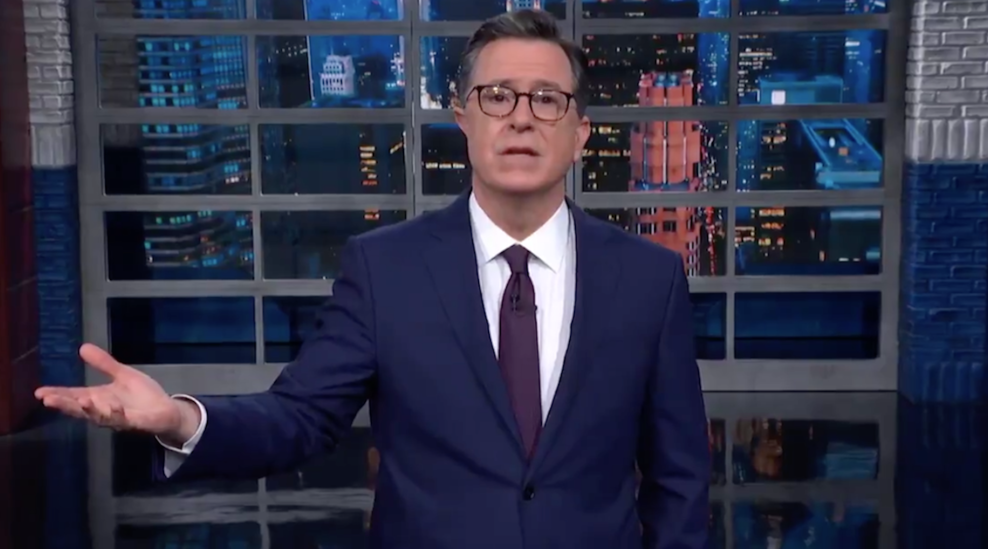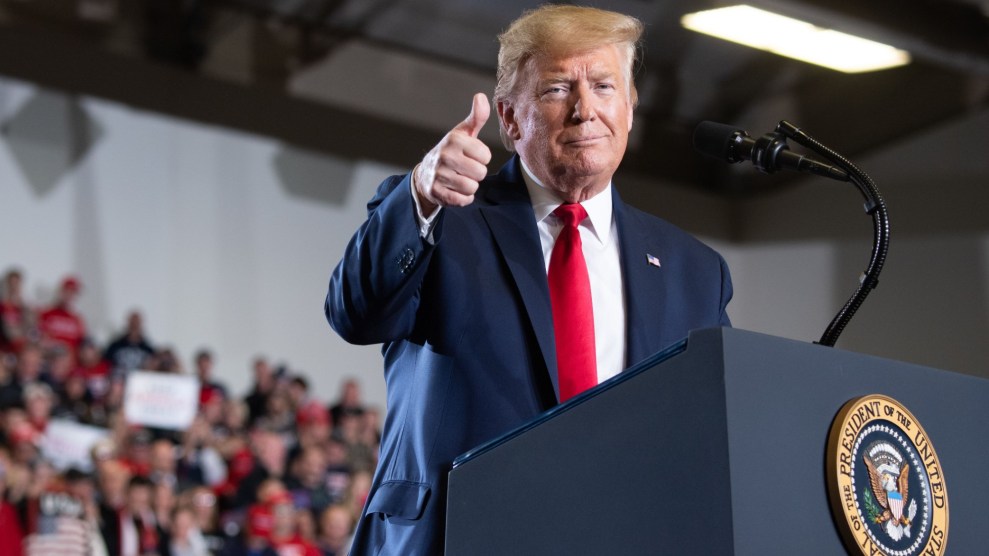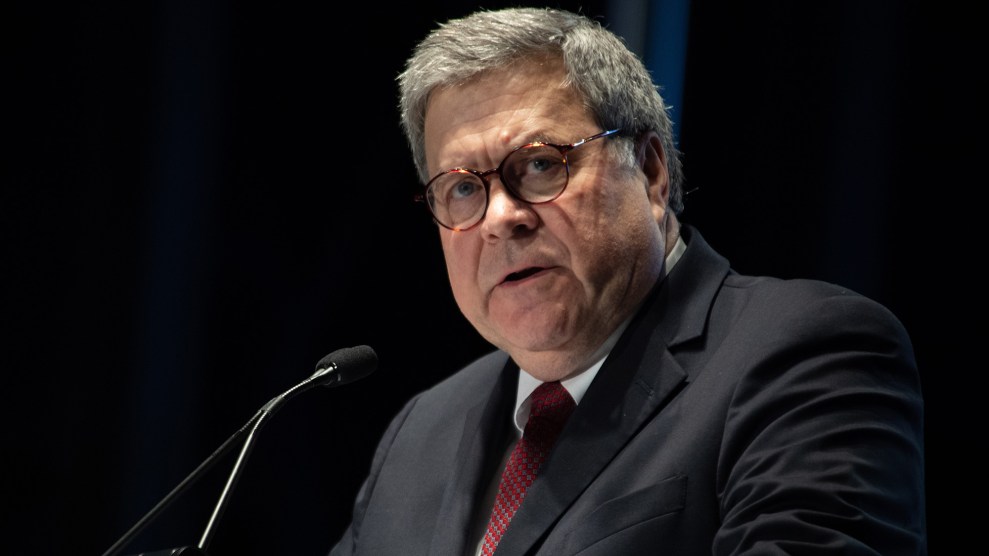
Attorney General William Barr speaks at vigil for law enforcement officers who have died in the line of duty in Washington, DC in May. Shane T. Mccoy via ZUMA
Sen. Amy Klobuchar (D-Minn.) released evidence on Tuesday that the Justice Department buried the whistleblower complaint about President Donald Trump’s call with the Ukrainian president by failing to refer the matter to the Federal Election Commission (FEC). Klobuchar suggested the Justice Department violated a longstanding agreement between the agencies to share information about possible campaign finance violations for potential enforcement action.
To recap: The whistleblower complaint at the heart of the impeachment inquiry didn’t just contain evidence that the president pressured a foreign government to help him win reelection. It also contained evidence of a potential campaign finance violation. When President Trump asked for dirt on his political opponent, he likely illegally solicited a “thing of value” from a foreign national.
In August, Justice Department officials decided that rather than turn the whistleblower complaint over to Congress, department lawyers would assess the allegations against Trump, including evidence that the president had broken campaign finance law. After what news reports described as a cursory review, the department declined to launch a criminal investigation, finding that Trump had not asked for a “thing of value.” This was a stretch; campaign finance experts generally agree that opposition research damaging to an opponent, which campaigns can pay a lot of money for, is clearly valuable. The FEC also considers it a “thing of value.” Nevertheless, the department lawyers declared the matter case closed.
But under a 1978 memorandum of understanding between the department and the FEC—which, like Justice is authorized to penalize campaign finance violations—the complaint should have been passed onto the FEC even if the department declined to launch a criminal investigation, so the election watchdog can determine whether a civil penalty is called for.
Earlier this month, Klobuchar set out to uncover whether the Justice Department had honored this agreement, sending two letters to the FEC inquiring whether it had received any such referral. On October 18, the commission’s Democratic chair, Ellen Weintraub, confirmed to Klobuchar that the FEC had not been notified. “The refusal to inform the FEC and refer the matter regarding the President’s call to the FEC as required to do, as the Justice Department is required, undermines our campaign finance system and is unacceptable in a democracy,” Klobuchar said in Tuesday statement.
What’s unclear so far is why no such referral was made. Either the Justice Department dropped the ball, or Klobuchar has helped discover another avenue in the administration’s sprawling coverup.
